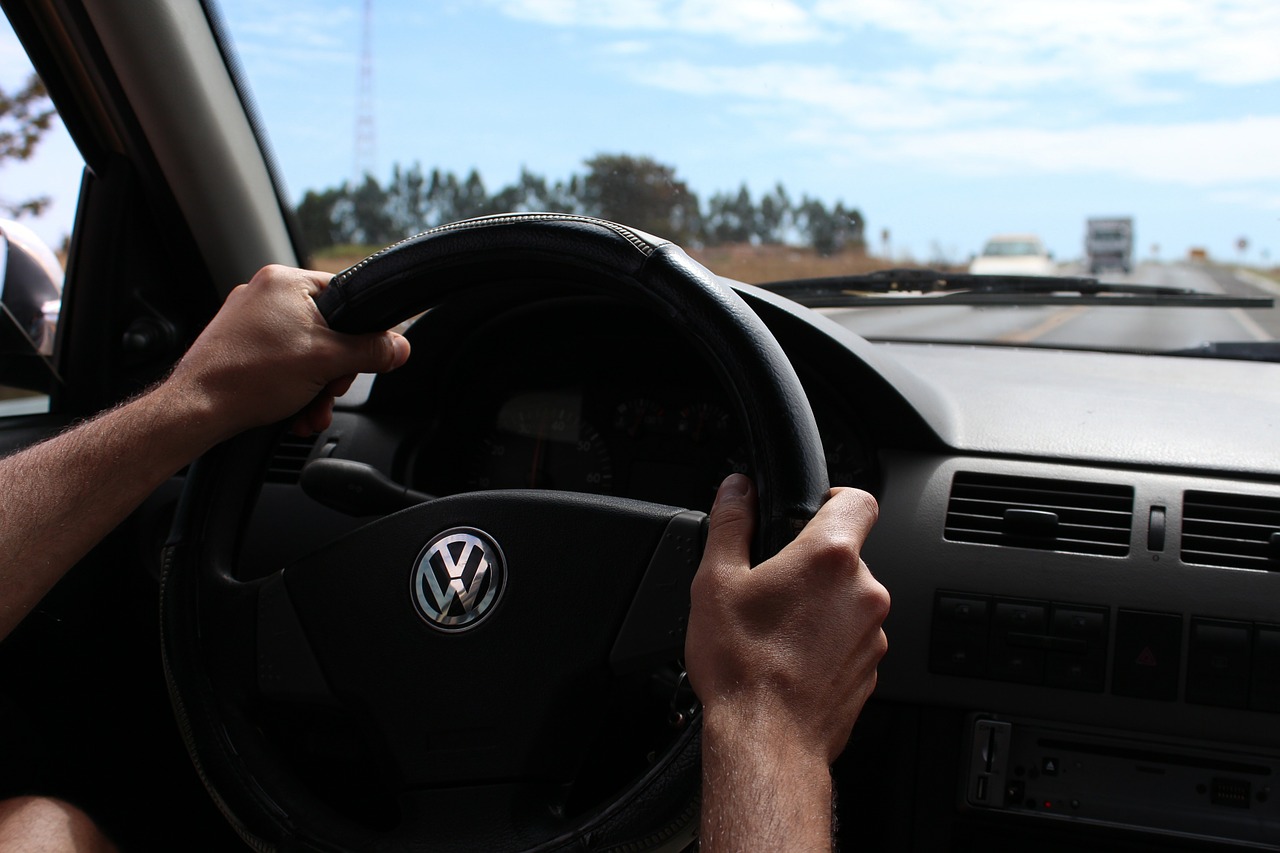The Boy Scouts of America is one of the largest youth organizations in the United States today with over 2.7 million youth members and more than a million volunteers.1 Despite its extreme popularity, the BSA has still faced its fair share of controversy throughout its 104 years as an organization
Most recently, the Boy Scouts of America made national headlines after a California Supreme Court advisory committee proposed to prohibit judges from participating in the group because of the Boy Scout’s ban on having gay leaders. They feel as if it would be impossible for judges that are members of the BSA to be impartial when reviewing a gay or lesbian individual’s case.
Pros and Cons of the Boy Scouts’ Proposal
The current proposal at hand would ban any California sitting judge from any affiliation with the Boy Scouts. This is based upon the principle that judges should not be allowed to participate in any organization that practices discrimination.
Amongst the tremendous number of comments being submitted by judges statewide, there is a clear split of opinion regarding this highly controversial issue.
Many judges strongly believe they should have the right as parents of children to decide what organization’s their children can belong to. Sacramento Superior Court Judge Roland Candee was quoted as stating: “forcing judges out of the Boy Scouts appears to me to be simply trying to force a liberal political correctness test on judges.” 2 Appeals Justice Stephen Kane, another judge in opposition of the ban, stated that he “oppose[d] the amendment because [he did] not consider the Boy Scouts policy invidious.”3
The feedback was not all negative though. In fact, there is strong support for the new proposal from the California Judges Association, which represents 75 percent of sitting state court judges. Justice Kathleen O’Leary stated that allowing judges to participate in the Boy Scouts of America perpetuates “the era of invidious discrimination on the basis of sexual orientation.” 4while Justice James Humes stated that he felt as if the policy of the Boy Scouts was “offensive and harmful.” 5
What Wallin and Klarich Thinks
Judges take an oath to be impartial. They take an oath to not be prejudiced against any party that comes before them. The question that must be asked is “can judges be fair and impartial to gay litigants who come before them if they are allowed to actively participate in an organization that bans gay adults from being scout masters?”
It would be difficult to argue that the Boys Scouts of America do not do a tremendous amount of good for our nations’ youth. They provide a place for our children to explore new things and to grow from young boys into men. They strive to have their young members obtain strong ethical values and morals.
However, the Boy Scouts’ policy also sends a clear message to its members that gay adults are not to be trusted supervising young males. Doesn’t this message support discrimination against an entire group of people?
In 2014, the majority of Americans believe that gay and lesbian individuals deserve the same rights and protections as all other groups in our society. Gay and lesbians are allowed to openly serve in our nation’s military; they are allowed to marry, they are allowed to receive equal health care benefits.
When you appear before a judge, you want to be certain that you have an “equal chance” of prevailing in your case. How will gay and lesbian litigants feel if their case is heard before a judge who openly supports the Boy Scout’s discriminatory policy?
We feel that the proposal should be adopted. It should be up to each individual judge to make the difficult decision between sitting as a judge or being involved in the Boy Scouts of America.
What Do You Think?
Wallin and Klarich wants to know what you feel about this highly controversial issue. Please let us know!
1. [http://www.scouting.org/About/FactSheets/ScoutingFacts.aspx]↩
2. [Daily Journal – “Judges divided over possible Scouts ban” May 12, 2014]↩
3. [Id.]↩
4. [Id.]↩
5. [Id.]↩



